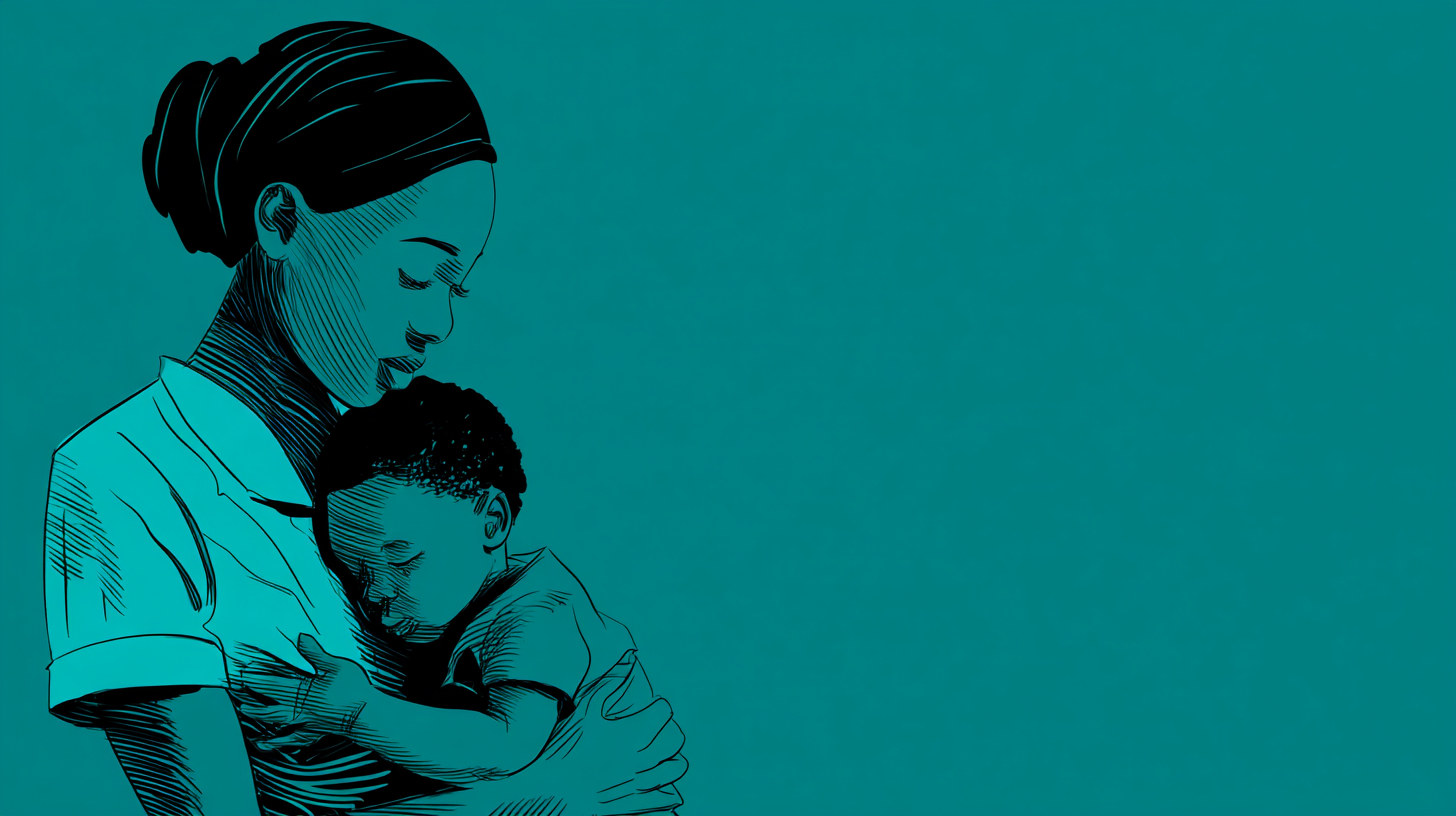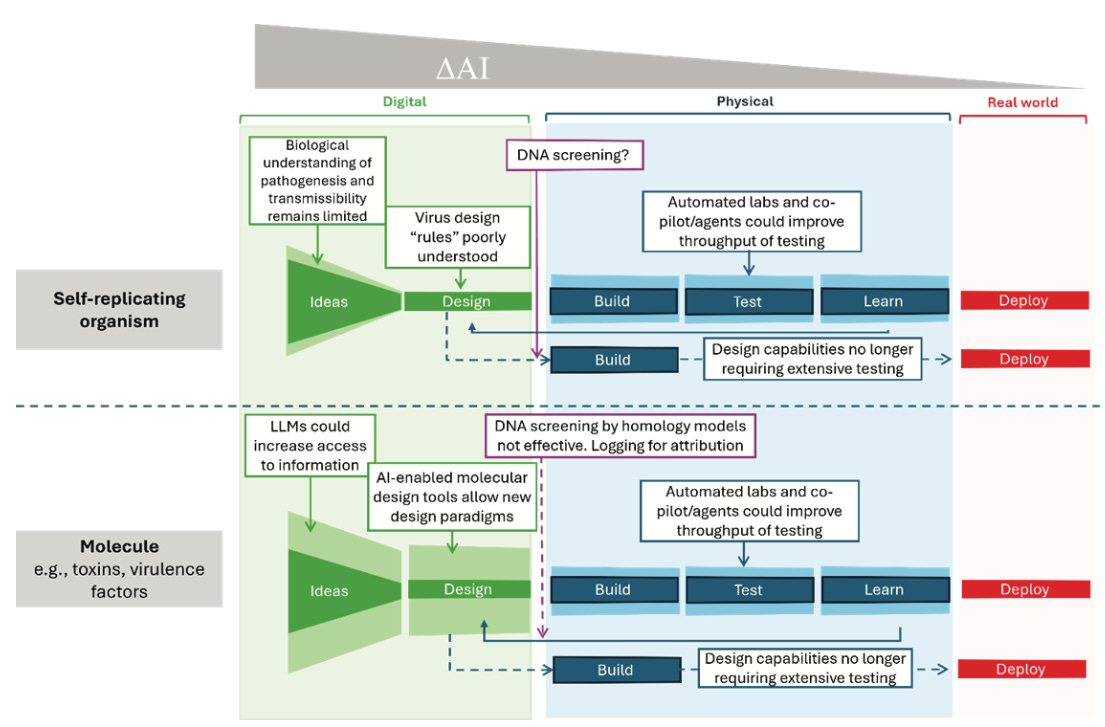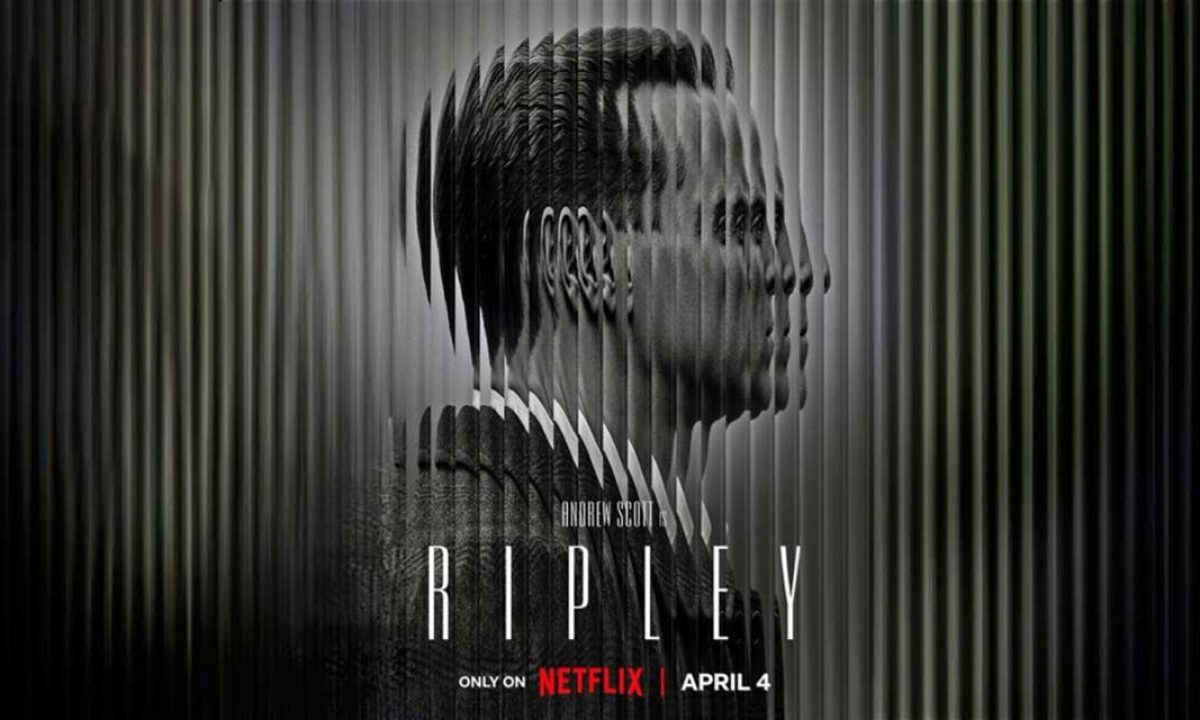
The study by Ayodele Jegede and colleagues “Evaluation of a capacity building intervention on malaria treatment for under-fives in rural health facilities in Niger State, Nigeria” provides a rigorous evaluation of a standard “cascade training” intervention.






